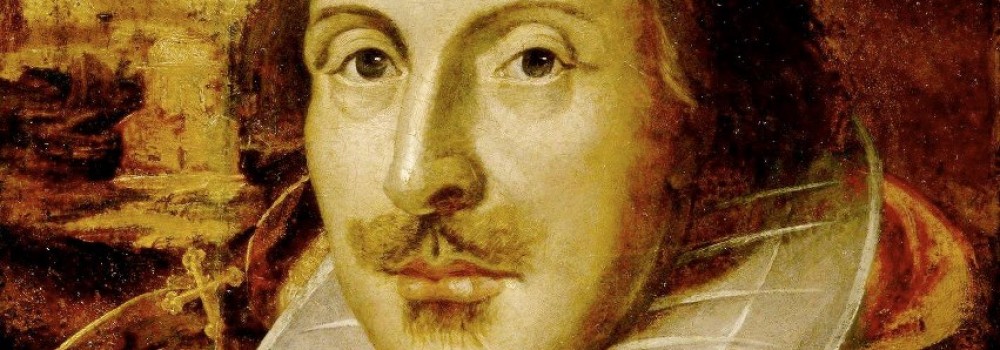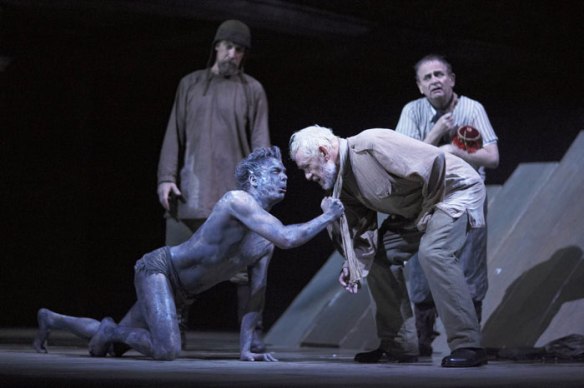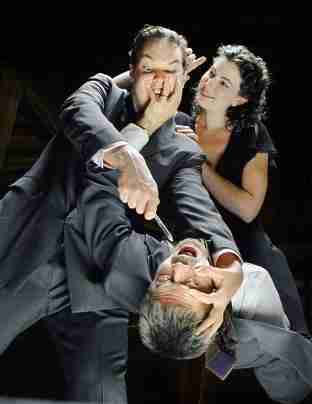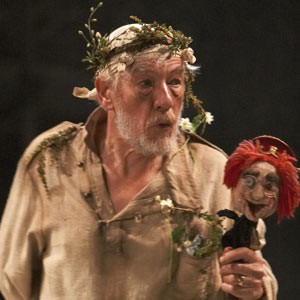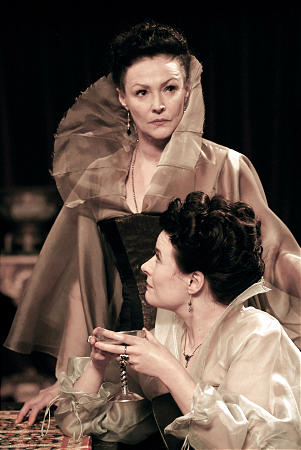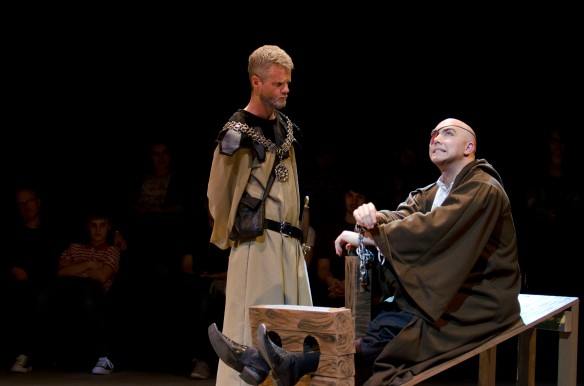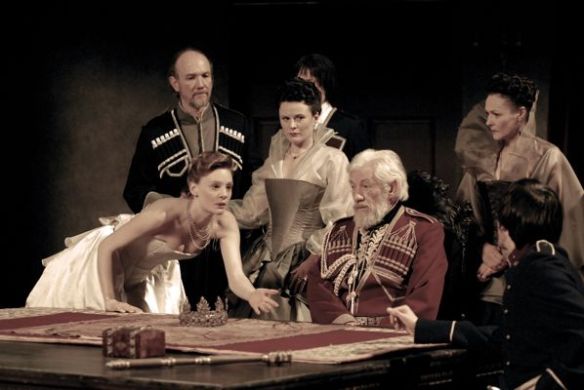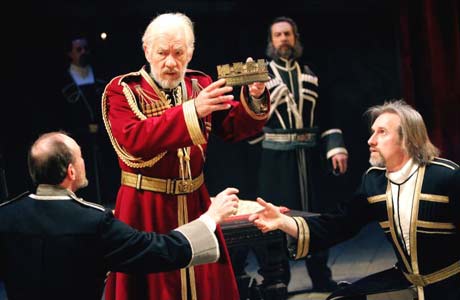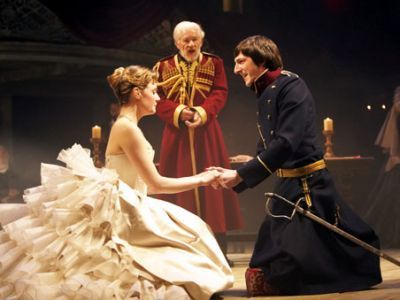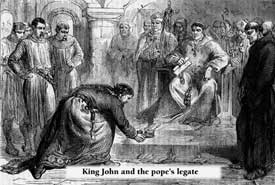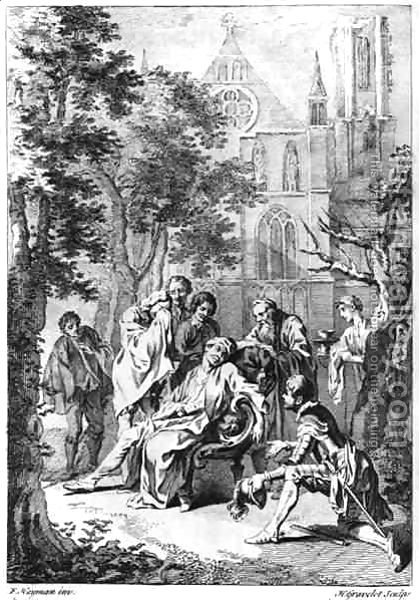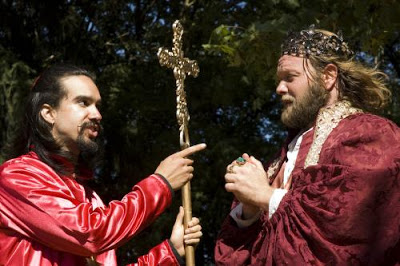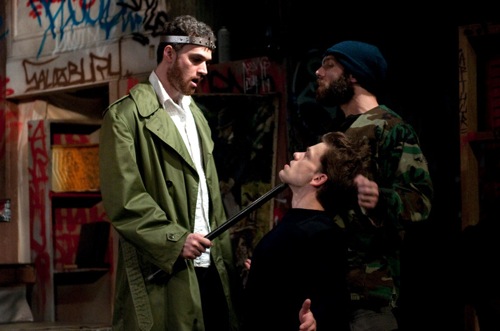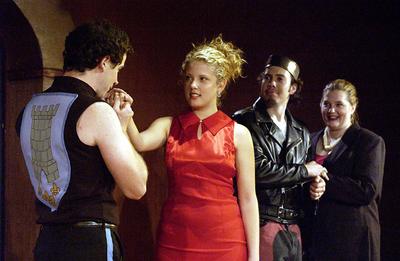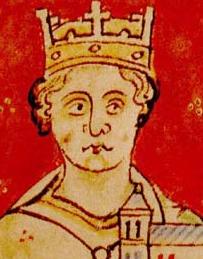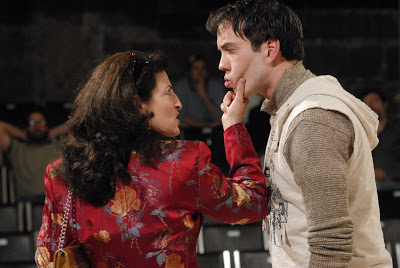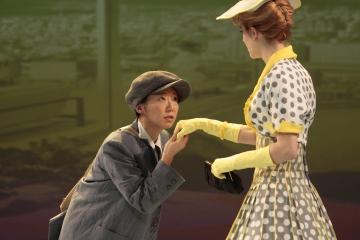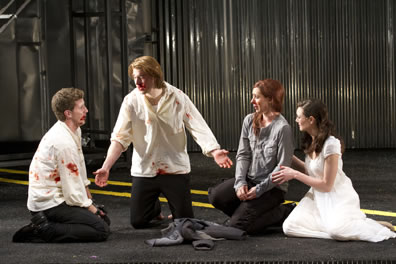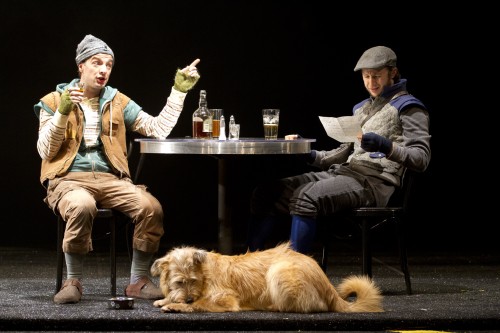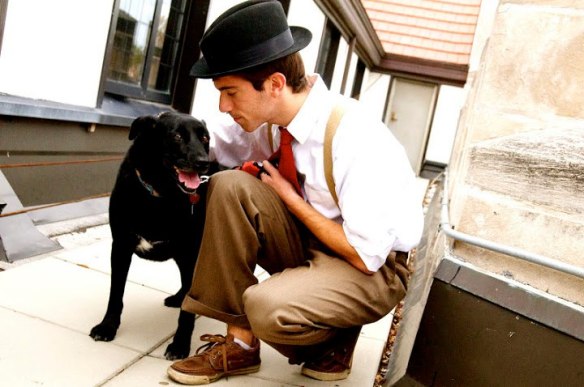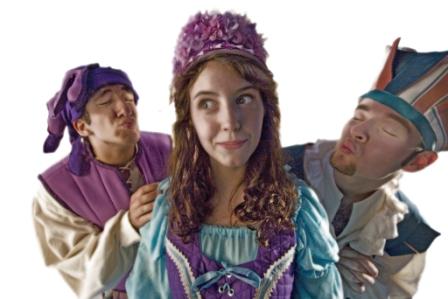I’m going to throw this out there, hopefully without making anyone think I’m a jaded and terrible person who loves violent scenes and people going insane–but I think this is my favorite act of the play. Every time I read it or see it, I am tricked–I know what is going to happen, but there is always an alternate option that I’m hoping the characters take this time.
So, two main points of discussion: the tempest and the blinding of Gloucester. We’ll begin with the first.
The tempest is many things:
- It is the great and natural equalizer. King, servant, fool, nature does not treat them differently because of their status. However, it’s not a symbol about how lovely equality is–it is a sad sad depiction of how low that Lear has come, for his fool and servant have become wiser than he. (Forgive me, for I am once again going to quote from my Kindle, so I do not have specific line numbers.) “Take physic, pomp;/Expose thyself to feel what wretches feel,/That thou mayst shake the superflux to them,/And show the heavens more just” (III.iv). Lear is saying this to the fool, but as well to himself and the tempest. He is shed of every possible outward sign of his kingship–that which separates him from beasts.
- To get super lit. major on you: the storm is the external reflection of Lear’s internal battle.
- Lear begins to serve his servants and look to a madman as his councilor.
There are many more things that can be said about the storm, but I’m beginning to lose my train of thought. So onwards to Gloucester.
First and foremost–this happens on stage. We see this horrific act happen–it is not just given to our imagination. Is that actually better? Is it worse? I’ve heard it said before that King Lear is a play that cannot be fully conveyed upon the stage–that we actually have to imagine a scene like this for it to hit home. And it does, at least for me, every single time I read it.
So, the theme is blindness–duh, we could see this from a mile away. From Kent’s plea to Lear before he is banished to Gloucester’s inability to see that Edmund is a conniving jerk, there has been a very apparent blindness going on throughout the whole play. And now we have to see it. Literally. When you take something from the figurative to the literal, you’re making a big, big statement. And I want to say it has to do with those very first lines–no one can see their own faults. Gloucester is joking about his lust that conceived Edmund, like it isn’t a problem that he created and is responsible for a life, right at the opening. Lear thinks that “nothing” is a measurement of love–but “nothing” is boundless and immeasurable. They take whatever is given them, the “face-value” and cannot conceive of truth beyond their senses.
Directly after Gloucester has his eyes gauged out, he realizes Edgar is innocent. He has taken all that Edmund has said, and now truth is revealed through his loss of sight. Lear becomes mad–madness is itself an inability to see reality, however, he was already unable to see what was real insofar as we think about the love of his children.
We, as an audience, see the characters for how they truly are from their actions–we have no doubt who in this play is evil and who is good, it is a clear-cut line. We only have two characters who act upon how things seem, and not how they are. And the ramifications, well, look at them.
I want to say more–about feigned madness, about the servant who dies, about nature, about the imagined trial that Lear puts on–but I promised myself to only speak about these two things.
Until tomorrow.
